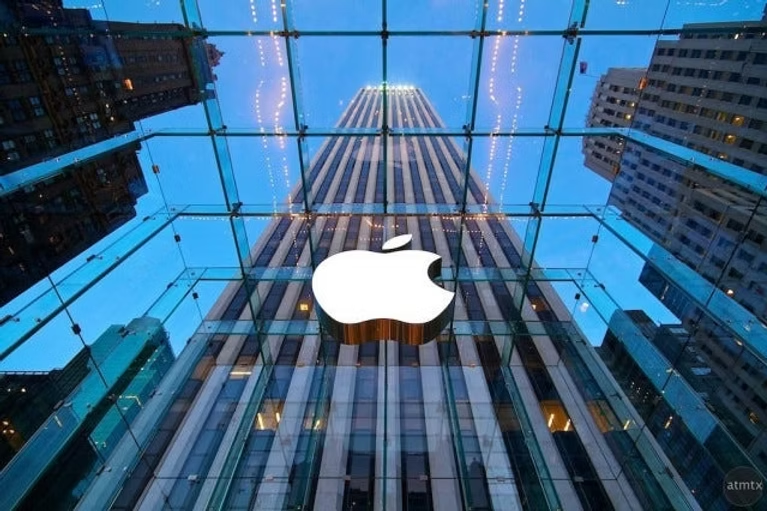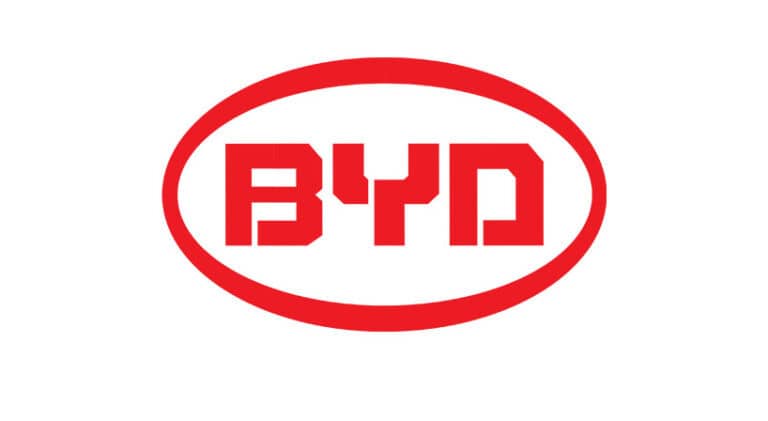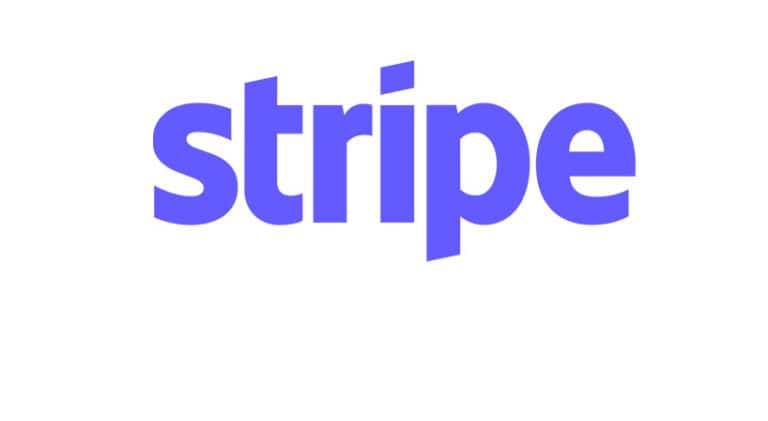Apple is a global leader in technology, particularly in artificial intelligence (AI) and machine learning (ML). Preparing for the Apple’s Machine Learning means understanding the company’s innovation-driven culture, rigorous technical standards, and emphasis on real-world ML applications.Securing a position as a Machine Learning Engineer (MLE) at Apple can be a game-changing career move. This detailed guide will help you navigate the Apple MLE interview process, offering insights on how to prepare, what to expect, and tips to succeed. Whether you're a seasoned professional or just starting out, this guide is your roadmap to acing the Apple Machine Learning Engineer interview.
Understanding the Role: What Does an Apple Machine Learning Engineer Do?
Apple’s Machine Learning Engineers are at the core of the company’s innovation. These professionals develop the algorithms and infrastructure that power Apple’s diverse range of products, from iPhones and MacBooks to Apple Watches and beyond. As an MLE at Apple, your work will directly impact the user experience for millions of people worldwide.
Key Teams within Apple’s Machine Learning Division
Apple’s machine learning division is organized into several specialized teams, each focusing on different aspects of AI and ML:
Machine Learning Infrastructure: Engineers on this team build the computing, analytics, and storage tools that power Apple’s innovations. They work on back-end systems, platform engineering, and data science, ensuring Apple’s infrastructure supports its cutting-edge products.
Deep Learning and Reinforcement Learning: This team is dedicated to advanced AI research, developing models that solve complex real-world problems. They focus on deep learning techniques, generative models, and game theory.
Natural Language Processing (NLP) and Speech Technologies: This team ensures that Apple’s products are accessible in multiple languages. They work on language modeling, text-to-speech software engineering, and speech frameworks.
Computer Vision: This team develops algorithms that process and analyze complex sensor data, enabling Apple’s devices to “see” and interpret the world.
Applied Research: Engineers in this team transform innovative ideas into market-ready products through software development, machine learning platform engineering, and data science.
Core Responsibilities of an Apple MLE
Regardless of the team, an Apple MLE’s core responsibilities include:
Analyzing data from multiple sources and streams
Utilizing machine learning toolkits such as TensorFlow, PyTorch, and Spark
Effectively communicating technical insights to stakeholders
Collaborating with and managing cross-functional teams
Debugging and optimizing machine learning pipelines
These responsibilities emphasize the need for both technical expertise and strong communication skills, making Apple’s MLE roles both challenging and rewarding.
Apple Machine Learning Engineer Job Requirements
Apple is known for its high standards, and its Machine Learning Engineer roles are no exception. Candidates must meet stringent educational and experience requirements, along with specific technical skills.
Educational Requirements
PhD or Master’s Degree: Most Apple MLE roles require an advanced degree (PhD or M.Sc.) in fields like machine learning, computer vision, natural language processing, computer science, applied mathematics, or statistics.
Bachelor’s Degree: A Bachelor of Science (B.S.) may suffice for entry-level roles, but only if paired with significant industry experience and a strong portfolio of successful projects.
Experience Requirements
Industry Experience: Entry and mid-level roles typically require 5+ years of relevant industry experience, while senior positions may demand 7-10+ years. Experience should be in fields like machine learning, deep learning, or natural language processing.
Technical Skills: Proficiency in programming languages such as Python, C++, and Java, as well as experience with machine learning frameworks like TensorFlow and PyTorch, is crucial.
Examples of Specific Job Requirements
Here’s a closer look at what Apple expects from candidates for specific MLE roles:
Apple Vision Pro MLE:
5+ years of industry experience
PhD or M.Sc. in deep learning, computer vision, or a related field
Expertise in PyTorch and TensorFlow
Experience with Python and C++
Skills in developing and optimizing algorithms, managing tight schedules, and collaborating with teams
Senior MLE in Online Retail Decision Automation:
10+ years of industry experience, including 5+ years as an MLE
PhD or M.Sc. in computer science, applied mathematics, or statistics
Strong programming skills in Python, C/C++, and Java
Experience in recommendation systems, personalization, or computational advertising
Leadership skills in communication, analytical thinking, and problem-solving
Salary Expectations for Apple Machine Learning Engineers
Apple offers competitive salaries for MLE positions, typically ranging from $201,000 to $302,000 per year, including bonuses and stock options. This compensation reflects the high level of expertise and responsibility required for these roles.
Preparing for the Apple Machine Learning Engineer Interview
Preparing for an interview at Apple requires careful planning and a strategic approach. Here are some essential steps to take before you apply:
Review Core Machine Learning Concepts: Brush up on machine learning system design, user experience principles, and the specific technical skills required for the role. Online courses, tutorials, and resume coaching can help strengthen your application.
Research the Role: Apple’s MLE roles are highly specialized. Spend time researching each position to identify the one that best matches your skills and experience.
Network with Current MLEs: Connect with current or former Apple MLEs on LinkedIn or professional networks to gain insights into the application and interview process. Learning from their experiences can provide valuable tips and help you tailor your approach.
The Apple Machine Learning Engineer Interview Process
The interview process for Apple’s MLE roles is known for its rigor and thoroughness. While the exact structure may vary depending on the role, location, and candidate’s experience level, here’s a general overview of what to expect.
1. Recruiter Phone Screening
The first step in the interview process is typically a 30-minute phone call with a recruiter. During this call, the recruiter will review your resume, ask domain-specific questions, and discuss your machine learning experience. You may also be asked behavioral questions to assess your fit with Apple’s culture.
Key Tips:
Be ready to describe your machine learning projects in detail, including your role and the outcomes.
Highlight your experience working on cross-functional teams and your ability to collaborate effectively.
If you’re applying for a senior role, emphasize your leadership and team management skills.
Common Behavioral Questions:
Describe an experience working on a cross-functional team.
Tell me about a time you disagreed with someone and how you resolved it.
Explain a piece of software you built and its impact.
2. Machine Learning Fundamentals Interview
If you pass the recruiter screening, you’ll move on to technical interviews focused on machine learning fundamentals. These interviews assess your ability to analyze, articulate, and develop machine learning methods that are crucial for Apple’s products.
What Apple is Looking For:
Confidence in discussing machine learning toolkits like TensorFlow and PyTorch
Ability to explain complex ML concepts in simple, user-friendly terms
Familiarity with handling and analyzing large datasets
Experience applying AI research to solve real-world problems
Strong collaboration skills and an interest in Apple’s machine learning advancements
Example Machine Learning Questions:
How would you explain machine learning to someone without a technical background?
What’s the difference between Convolutional Neural Networks (CNNs) and Recurrent Neural Networks (RNNs)?
How would you fit data using logistic regression?
Describe a challenging machine learning project you’ve worked on.
3. General Coding Interview
In addition to machine learning expertise, Apple will test your coding skills. This stage may involve coding challenges during the interview or take-home assignments. You’ll need to demonstrate your technical proficiency and your ability to write clean, efficient code that contributes to Apple’s product development.
Key Focus Areas:
Proficiency in data structures and algorithms
Experience with the programming languages required for the role
Problem-solving skills, particularly in debugging complex ML issues
Incorporating user experience and data security into your coding practices
Example Coding Questions:
Can you implement batch normalization using NumPy?
Explain the difference between stack and heap memory allocation.
Design an Applicant Tracking System (ATS) from scratch.
Find the shortest path between two points in a graph.
Strategies for Acing the Apple MLE Interview
Success in Apple’s MLE interview process requires preparation, flexibility, and a strategic mindset. Here are some tips to help you stand out:
Stay Adaptable: Apple’s interview loops can vary greatly depending on the role and other factors. Adaptability is crucial, so be prepared for different interview formats and structures.
Data-Driven Answers: Apple is a data-centric company. Whether answering behavioral or technical questions, focus on how you use data to drive decisions and solve problems.
Showcase Collaboration: Apple values teamwork and cross-functional collaboration. Emphasize your ability to work effectively in a team, whether as a leader or a collaborator.
Align with Apple’s Values: Apple’s culture emphasizes innovation, user experience, and attention to detail. Show that you share these values and are committed to contributing to Apple’s mission.
In conclusion, it's important to remember that hiring at Apple is highly team-specific, and the interview process can vary depending on the role you're applying for. For some positions, you might not even have an algorithm-focused interview round. This is why it's crucial to have clear communication with your recruiter to fully understand the type of interviews you'll be facing. To ensure you're thoroughly prepared and confident, consider booking a 1-on-1 consultation with Interview Node. We can provide you with the insights and guidance you need to navigate Apple’s unique interview process and secure the role that’s right for you.






